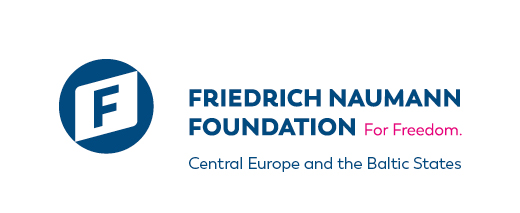

Twenty years ago, in 2004, the Visegrad Four joined the European Union.Since 2004, Czech, Polish, Slovak and Hungarian MEPs have been participating in the European Parliament, and this is the fifth time that the V4 countries have held European Parliament elections to enable their MEPs to win a European mandate.In 2024, for the first time, young V4 citizens who were "born into" the European Union and have lived their whole lives as members of the European community will be able to participate in the EP elections. The EP elections in the Visegrad countries are typically characterised by below-average interest, with the V4 countries' turnout far below the EU average, despite the fact that these four countries account for 15% of the Members of the European Parliament. However, the past year has seen significant political upheavals in the V4 countries, which have stirred the political waters and brought a significant increase in EP election turnout in the Visegrad countries in 2024.
Republikon's analysis will focus on EP elections in the V4 countries. In our analysis, we have examined how the EP election results in the Visegrad countries have changed compared to five years ago, and what a European Parliament composed exclusively of EP representatives from the V4 countries would look like.
The analysis can be accessed via the link below.

The publication is supported by the Friedrich Naumann Foundation for Freedom. The Friedrich Naumann Foundation for Freedom is not responsible for the content of this publication, or for any use that may be made of it.